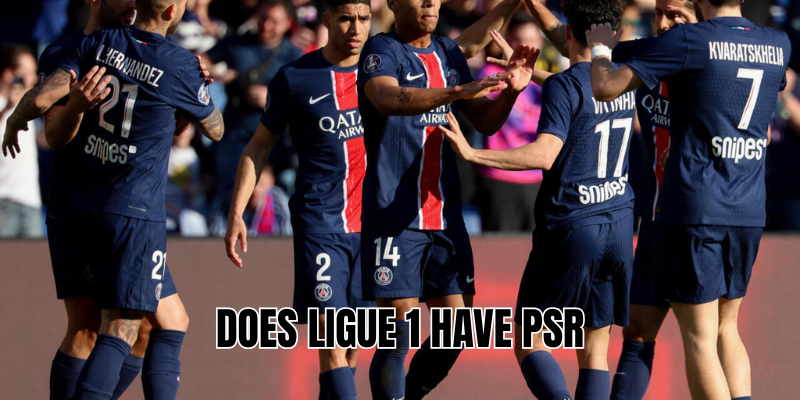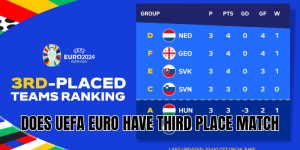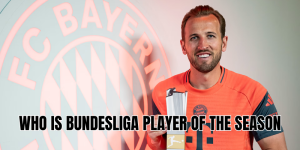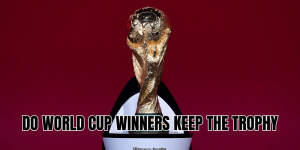In football governance, PSR means Profit and Sustainability Rules, a set of financial limits imposed on clubs to prevent them, does Ligue 1 have PSR? The short answer: no, not exactly PSR as defined in the English Premier League, but it has a comparable domestic financial regulator called the DNCG that performs a similar role in enforcing financial discipline.
Below, CanLinkCup will take you through what PSR in the Premier League means, what the DNCG in France does, how they are alike and how they differ, and what it means for Ligue 1 clubs.
What PSR Means in the Premier League
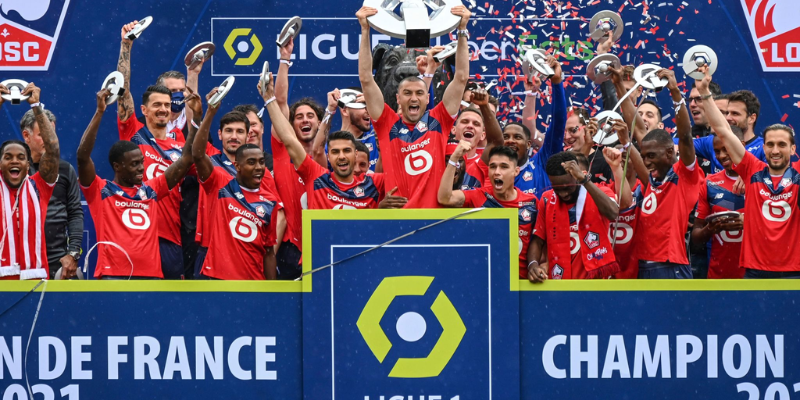
To understand if Ligue 1 has something like PSR, first we need to know what PSR entails:
- PSR stands for Profit and Sustainability Rules, which are the Premier League’s financial rules designed to prevent clubs from incurring excessive losses over a rolling multi-year period.
- Clubs are allowed a certain level of loss over three seasons (e.g. up to £105 million), with additional losses or costs sometimes permitted if covered by secure owner investment.
- If clubs breach PSR, sanctions can include points deductions, embargoes, or other punishments.
- These rules complement UEFA’s Financial Fair Play (now more often called Financial Sustainability Regulations) which apply to clubs in European competition.
So PSR is a league-level discipline framework in England, tailored to its clubs, with defined loss limits, audit timelines, and penalties.
The DNCG: France’s Financial Oversight Body
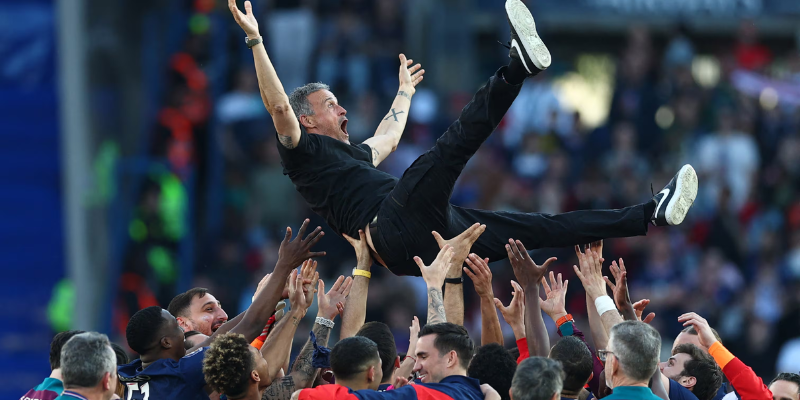
In France, financial discipline for clubs in Ligue 1 (and professional tiers) is largely overseen by the **DNCGection Nationale du Contrôle de Gestion). Its mandate, structure, and powers are somewhat different, but its purpose is comparable: financial stability, prevention of insolvency, ensuring clubs don’t overpromise on spending, etc.
Here’s what the DNCG does:
- It reviews annual budgets, club financial statements,rward projections, sponsorship deals, staffing and player contracts to ensure clubs are solvent and operating within means.
- Clubs must receive DNCG approval to maintain their professional status and for participating in Ligue 1 or Ligue 2. If they fail, sanctions can include transfer bans, reduced squad size, or even demotion.
- It is a domestic body (part of the Ligue de Football Professionnel structure) rather than a set of rules imposed by UEFA or another external body.
Comparing PSR and DNCG: Key Similarities and Differences
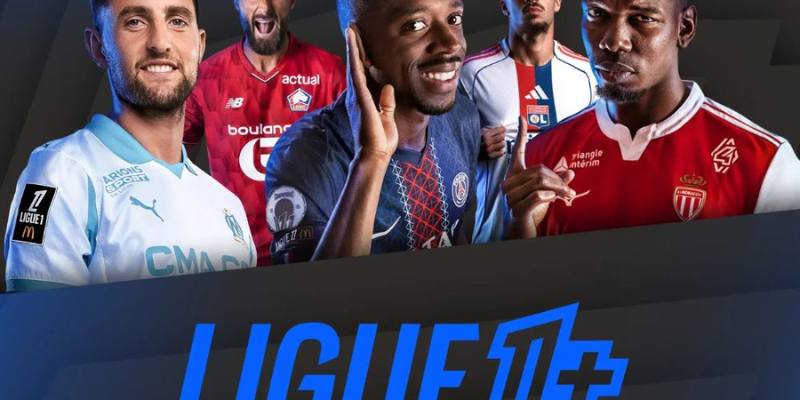
Here we break down how PSR (Premier League) vs DNCG (France) line up:
| Aspect | PSR (Premier League) | DNCG (France, including Ligue 1) |
| Purpose | Limit losses, ensure clubs sustainable financially; avoid financial collapse and unfair advantage. | Ensure solvency, prevent unsustainable debts, protect integrity of competitions. |
| Scope | Applies to all Premier League clubs; loss limits over a rolling multi-year span; rules about what counts in losses; sanctions. | Applies to French professional clubs (Ligue 1, Ligue 2); review of annual budgets; more immediate solvency rather than long-term loss allowances. |
| Loss Limits vs Solvency | Explicit quantitative loss thresholds (e.g. £105 million over 3 years, parts must be covered by secure funding if exceeding certain levels, etc.). | Less about fixed loss thresholds; more about ensuring that clubs can meet their liabilities, that they are not going bankrupt, and enforcing preventative steps. The rules are more flexible or qualitative. |
| Sanctions | Points deductions, fines, transfer restrictions, possible legal consequences. | Transfer bans, demotion, refusal to admit to the league, etc. |
| Regulatory mechanism | League rules, published PSR handbook, regulatory oversight by Premier League. | Overseen by DNCG under French Football Federation / LFP, legal framework under French Sports Code. |
So, Does Ligue 1 “Have PSR”?
Putting it all together:
- Ligue 1 does not have PSR in name. The PSR is a distinct regulatory regime used in English football, with specific thresholds, loss limits, and the Premier League’s administrative structure.
- But yes, Ligue 1 is under a similar financial regulation regime. The DNCG performs many of the same functions: assessing financial health, approving budgets and accounts, sanctioning clubs that are at risk or in breach, ensuring clubs do not overspend relative to what they can sustain.
- The key difference is in how rigidly the rules are quantified (e.g. specific loss limits), and how enforcement works. PSR tends to have more fixed numeric loss thresholds and a rolling window, while DNCG is more focused on solvency and general financial soundness rather than a fixed “loss cap” of X over Y years.
Recent Examples Involving Ligue 1 / DNCG
To show the DNCG in action:
- The DNCG regularly publishes audits and verdicts on clubs’ finances, approving or rejecting budgets, imposing restrictions. For example, in December 2024, multiple Ligue 1 clubs were reviewed; some had “no action needed,” others face payroll controls or bans on recruiting.
- There are concerns about overall operating losses in French professional football. The DNCG has projected combined operating losses (for Ligue 1 & Ligue 2) in the order of €1.2 billion for the 2024/25 season. This shows how seriousinancial oversight is needed.
Implications for Clubs and Fans
For clubs in Ligue 1:
- They must plan carefully: transfer fees, wage bills, infrastructure investment, sponsorships all under scrutiny.
- Big spending sprees without strong revenue backing risk triggering DNCG sanctions.
- Youth academs, player sales, and sustainable commercial deals remain vital for financial health.
For fans:
- A club might look weaker in the short term if prevented, but this may preserve its survival long-term.
- Some high-profile clubs may complain about being constrained, but the trade-off is competitive balance and financial viability.
Conclusion
Does Ligue 1 have PSR? No — not the PSR as defined in English Premier League regulation — but Ligue 1 does have a powerful and established financial regulation framework through the DNCG which serves many of the same goals. While PSR is more prescriptive with loss limits, DNCG is more focused on overall solvency and ensuring clubs can meet commitments.
If you want, CanLinkCup can dive dee, or compare recent club cases (PSG, Lyon, Marseille etc.) to see how they measure up under both regimes. Let me know if you want to explore that or see a side-by-side numerical comparison!

